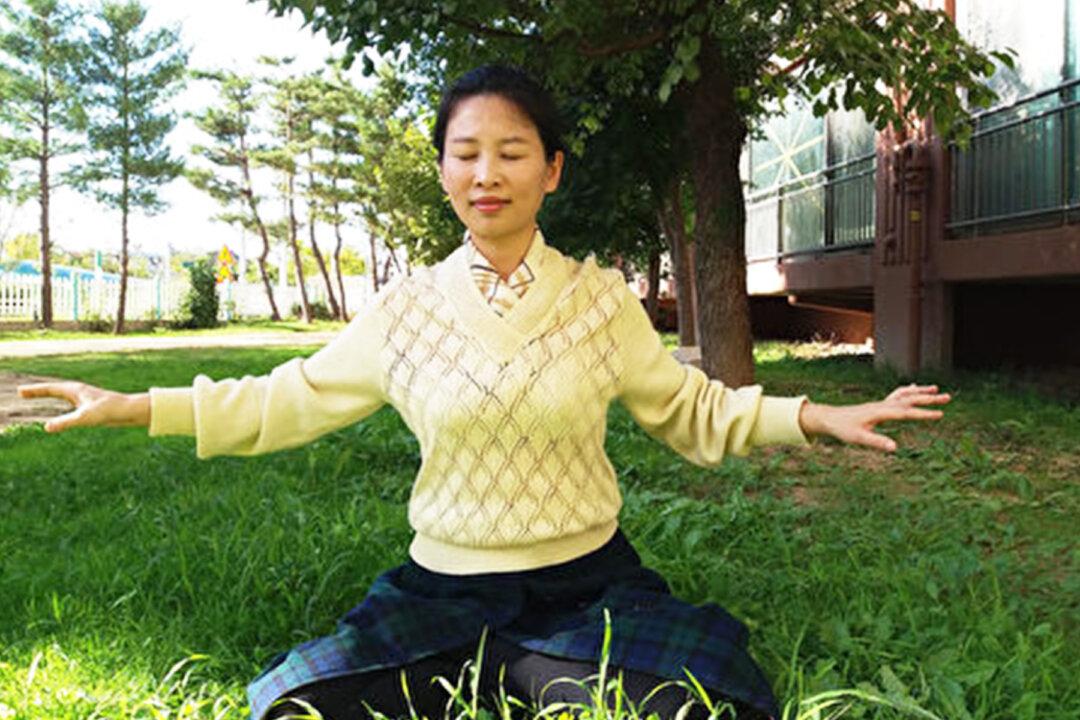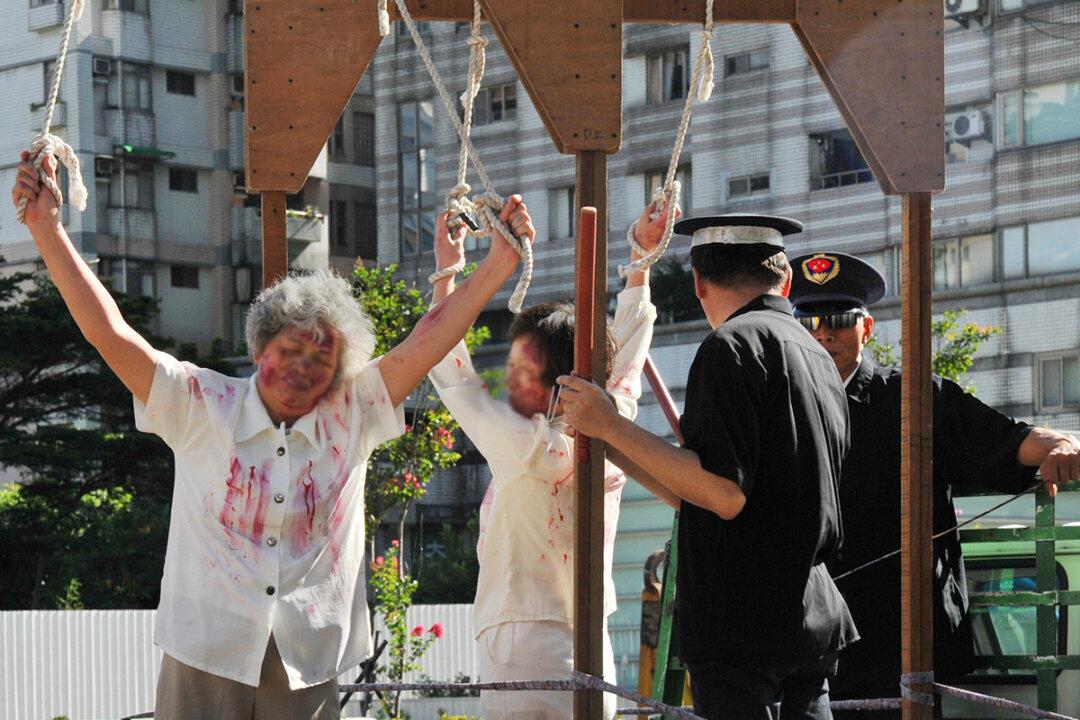In today’s world, instances of ensuing conflicts among a mother-in-law and a daughter-in-law are common. However, this not only makes the man in between feel sandwiched but also makes the house a battleground.
While some people might choose to ignore the straining relationship, there are those who put in great efforts to mend the bond, and Nie Lan is one such person. Fortunately, due to her belief in the teachings of an ancient spiritual practice, she turned her family situation around and helped restore peace.





![‘Killing You Would Be the Same as Killing Ants’: Prisons Where Innocent Citizens Are Tortured [PHOTOS]](/_next/image?url=https%3A%2F%2Fimg.theepochtimes.com%2Fassets%2Fuploads%2F2023%2F12%2F09%2Fid5544114-Falun-DaFa-practitioner-1080x720.jpg&w=1200&q=75)